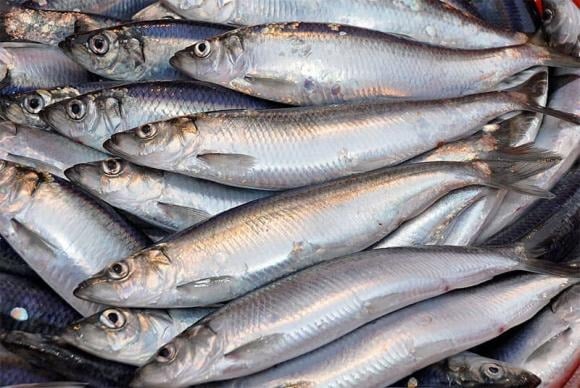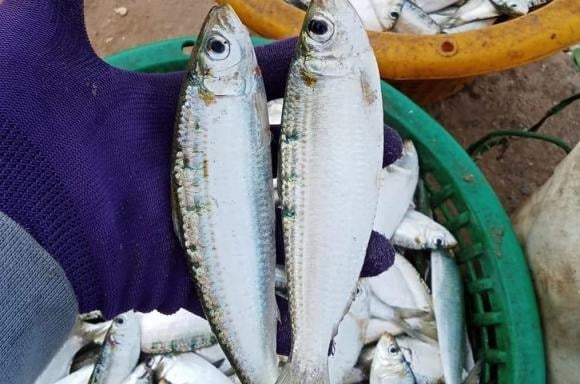Sardines: A Japanese Delicacy with Heart-Healthy Benefits
As an island nation with abundant seafood, Japan has long considered fish as a staple in its daily diet. Among the variety of fish, sardines stand out for their rich, buttery flavor, ease of preparation, and exceptional nutritional value, particularly their high content of omega-3 fatty acids, touted as a “wonder drug” for cardiovascular health.
Popular in Vietnam and Affordable
Sardines are not only a prominent feature in Japanese cuisine but also a familiar fish in many coastal regions of Vietnam, such as Quang Nam and Ha Tinh. During each fishing season, sardines appear in large numbers, and locals refer to them as a “sea blessing.”
Sardines are reasonably priced and easily accessible in traditional markets, making them a common ingredient in delicious dishes such as sardine salad, grilled sardines, or sardines cooked with pepper. As a result, they contribute to the diverse menus of many Vietnamese households.

Sardines Help Control Blood Fat and Promote Cardiovascular Health
According to Healthline, high blood fat is a leading cause of serious conditions such as atherosclerosis, myocardial infarction, stroke, and hypertension. It is also associated with memory decline and gallstones.
Sardines are an excellent source of omega-3 fatty acids, which are well-known for their ability to reduce triglycerides, lower bad cholesterol (LDL), and increase good cholesterol (HDL). By incorporating sardines into your diet, you can support heart health and reduce the risk of developing these life-threatening diseases.
Data from the United States Department of Agriculture reveals that just 100 grams of raw sardines provide approximately 1,729 mg of omega-3—a quantity comparable to that found in salmon, but at a much more affordable price. The National Health Service (NHS) in the United Kingdom also recommends including sardines in your weekly menu to maintain cardiovascular health and effectively lower cholesterol levels.

How to Eat Sardines for Optimal Health Benefits
To maximize the benefits of sardines, it’s essential to consider not only the type of fish but also the method of preparation. The American Heart Association recommends that for fatty fish like sardines, cooking methods play a crucial role in retaining their nutritional value.
Optimal cooking methods include steaming, boiling, or grilling, as these techniques help preserve the omega-3 content, which is essential for cardiovascular health and lowering blood fat levels. On the other hand, frying or deep-frying sardines may result in the loss of nutrients and the creation of unhealthy trans fats.
Additionally, pairing sardines with vegetables and natural spices like onion, garlic, or ginger not only enhances their flavor but also adds anti-inflammatory compounds, aids digestion, and boosts immunity.
However, it’s important to note that salted or fermented sardines, while convenient, tend to have high sodium levels. Individuals with cardiovascular disease or hypertension should limit their consumption of these products. Fresh sardines prepared with simple cooking methods are the best choice for maintaining a healthy sodium intake and promoting long-term well-being.
“The Miracle Drink: A Budget-Friendly Beverage to Lower Bad Cholesterol and Prevent Stroke Risk”
“Pomegranates are revered for their abundance of antioxidants such as tannins, flavonoids, and anthocyanins – powerful compounds that neutralize free radicals and safeguard cells from damage. With their unique ability to scavenge and destroy these harmful free radicals, these antioxidants act as guardians of our cellular health, fortifying our bodies’ defenses and promoting overall wellness.”





































